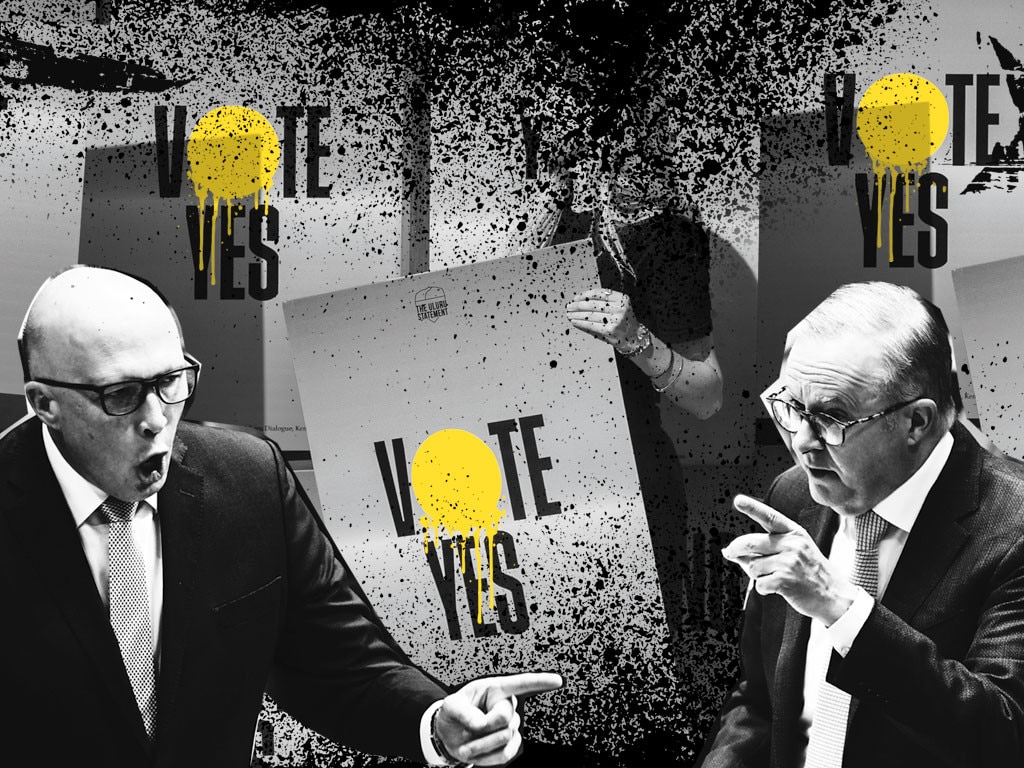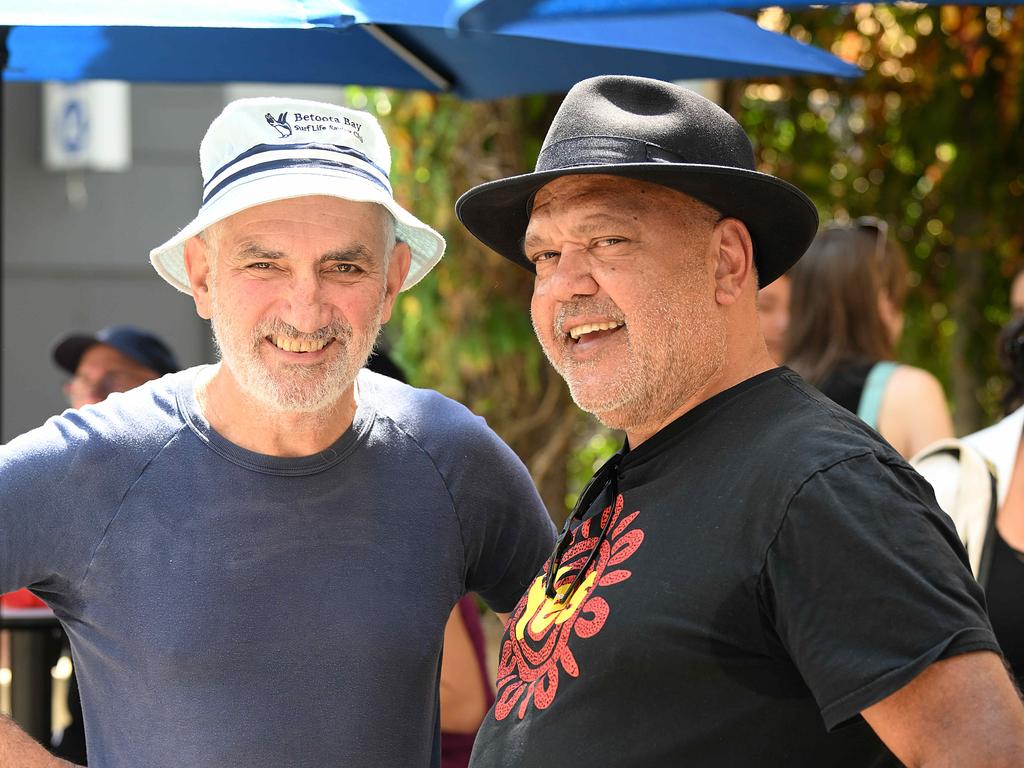Heed voice from middle ground to end myth of division

Pluralist democracies recognise that we are both united and yet, despite our unity, there is space enough to pursue our own lives, defined by the distinct groups to which we belong. This constitutional roominess is straightforward and widely acknowledged – even made famous in song: “We are one, but we are many.”
This “pluralist” embodiment is central to successful constitutions in multicultural states such as Australia. In the voice debate, however, some voices at the widest ends of the political spectrum have claimed that we are one, and only one – or that we are separate groups with little in common between us.
The reality, both constitutionally and in the common feeling of Australians, is far from these extremes. The voice will, if adopted, firmly belong to the middle ground position that has long been dominant in Australia: that we acknowledge differences even as we stay united.
If we fail to adopt the voice, we may be yielding to the extreme voices that wish to define us either as strictly and blandly one, or as nothing but a collection of distinct groups living – and fighting – with one another in the same space.
Both extreme visions fail to match up with reality. The Australian people are not just one undifferentiated people. Federation in 1901 recognised the continuing political power of each Australian state. Each state continues to have equal representation in the Senate – 12 for each state – with each state voting in part as a block in constitutional referendums. Each state runs itself, but also has an important say in national matters.
Besides the states, key features of modern Australia have put paid to the myth of Australian uniformity. Multiculturalism, for example, has been official policy for decades. The Constitution, moreover, recognises religious diversity. It protects distinct religious practices and prohibits the commonwealth government from establishing a religion or imposing one faith on everyone. And in a similar way, the voice amendment is now seeking to recognise the unique position of Indigenous Australians as our first peoples.
The myth of division sits at the other extreme. Some exponents of this extreme cannot fathom why Indigenous Australians would want to be part of the central constitutional system – a system, to be sure, that has often let them down.
But it has been clear since the voice proposal at Uluru – and well before – that most Indigenous people want to be part of the Australian project. Many are rightly critical of how they have fared since colonisation. Yet most – if not quite all – refuse to turn their backs on the system. Many feel part of that system, while others more pragmatically know they have no choice but to work with it to make it better.
Either way, the voice model should appeal to those in the vast middle who wish to see Australians of many descriptions speak to, rather than turn away from, one another.
A No vote carries unsettling risk. The days when “one, but many” defined our national feeling would be over. Following a No vote, Indigenous Australians would likely wonder what political options remain open for them. Many who tried to become part of the system, while still remaining distinct, will have been told “No” – that there is no room for their diversity.
The constitutional voice will be an affirmation of the continuation of our very reasonable, workable, plural Australia, responding to the invitation to walk together in a movement of the Australian people for a better future. We are a nation of peoples and groups – and we always have been. It is best that we keep recognising and embracing this complex mix of oneness and unity and ensure our Constitution recognises the unique place of Indigenous Australians.
Ron Levy is an associate professor in the ANU College of Law, Kim Rubenstein is a professor in the Faculty of Business Government and Law at the University of Canberra, and Kate Carnell served as chief minister of the ACT from 1995-2000 and is National Co-Convener of Liberals for Yes






Despite the millions of words written and spoken about the voice, few address the simplest argument for having one – we live in a pluralist democracy that recognises not everyone is the same. The notion that differences make us richer and stronger is core to this.